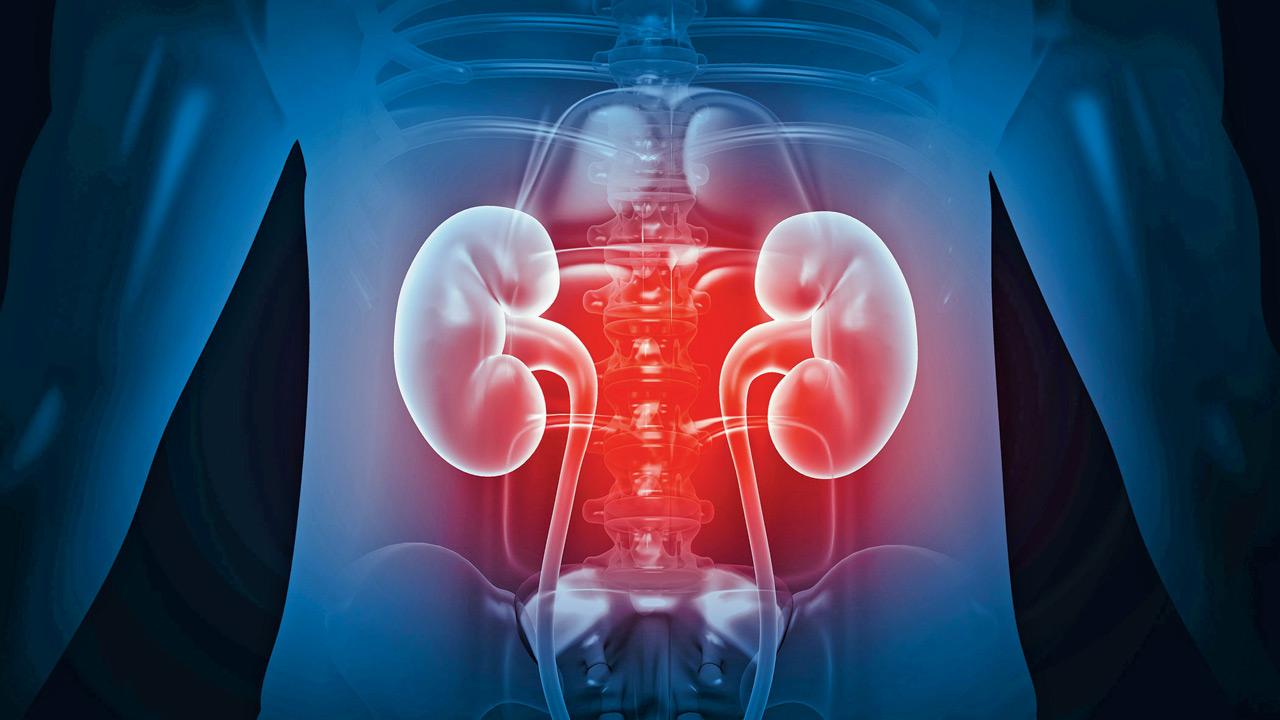For the first time, a team from the University of British Columbia (UBC), Canada, successfully performed a human kidney transplant using an organ converted from blood type A to the universal blood type O. This groundbreaking procedure relies on UBC’s special enzymes as a key tool to reduce organ rejection.
Patients with blood type O can only receive type-O organs, but type-O kidneys are often transplanted into recipients of other blood types due to their universal compatibility. The researchers’ initial goal was to create universal donor blood by removing the sugars that determine blood type. However, they discovered that these same sugars, known as antigens, also cover the blood vessels within organs.
In this pioneering case, an enzyme-converted kidney was transplanted into a brain-dead recipient. The organ initially functioned well, but by the third day, a mild immune reaction was observed—significantly less severe than the typical rejection response.
This breakthrough highlights the potential of enzyme conversion to expand the pool of compatible organs and reduce rejection in transplant patients.
*Disclaimer: This story has been sourced from a third-party syndicated feed. Mid-day accepts no responsibility or liability for the dependability, trustworthiness, or reliability of the information contained herein. Mid-day management and mid-day.com reserve the right to alter, delete, or remove content at their sole discretion without prior notice.*
—
Help us improve! Provide detailed feedback for a chance to win a 3-month e-paper subscription.
https://www.mid-day.com/news/world-news/article/canadian-researchers-achieve-milestone-with-enzyme-converted-universal-donor-kidney-transplant-23597126
